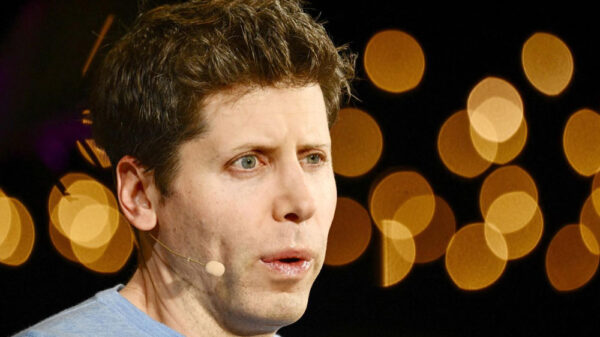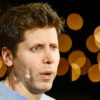The death of Pope Francis at the age of 88 marks the end of an era for not only the Catholic Church but also global economic discourse. As the first pope from the Americas and a lifelong advocate for the marginalized, Pope Francis brought a unique perspective to the intersection of faith and economics. His leadership on issues like poverty, inequality, and climate change has left a lasting imprint on the global economic narrative.
A Voice for the Poor and Marginalized
Throughout his papacy, Pope Francis consistently championed the cause of the poor. His encyclicals, public addresses, and symbolic gestures emphasized the moral imperative to address economic inequality. In his 2015 encyclical Laudato Si’, Francis called for a comprehensive approach to environmental and economic justice, connecting the exploitation of natural resources to the marginalization of the world’s poorest communities.
By framing poverty and inequality as moral issues, Francis influenced policymakers, economists, and business leaders to reconsider the ethical dimensions of economic growth. His emphasis on “an economy that kills” called attention to the failures of systems that prioritize profit over human dignity, sparking debates on wealth distribution and corporate responsibility.
Impact on Global Economic Policy
Pope Francis’ advocacy extended beyond rhetoric. His frequent dialogues with world leaders and international organizations like the United Nations and the International Monetary Fund (IMF) pushed for reforms that align with his vision of a more equitable economic system.
For instance, his calls for debt relief for developing nations resonated deeply during the COVID-19 pandemic, when many low-income countries faced mounting financial crises. Francis argued that debt forgiveness was not merely a financial necessity but a moral obligation to ensure global stability and fairness.
Moreover, his support for policies addressing climate change—such as carbon pricing and investments in renewable energy—helped shift the conversation around the economic costs of inaction. His moral authority lent weight to global initiatives like the Paris Agreement, encouraging nations and corporations to take more ambitious steps to combat climate change.
Challenging Capitalism’s Status Quo
While Pope Francis did not reject capitalism outright, he was a vocal critic of its excesses. He frequently denounced “trickle-down economics,” arguing that it failed to deliver on its promises of widespread prosperity. His warnings about the dangers of consumerism and the concentration of wealth challenged the status quo and invited reflection on the need for systemic reforms.
In a 2013 address, he questioned the ethics of an economy that prioritizes financial markets over human welfare, stating, “How can it be that it is not a news item when an elderly homeless person dies of exposure, but it is news when the stock market loses two points?” Such statements underscored his belief that economic systems must serve humanity, not the other way around.
The Role of Business and the Church
Pope Francis also sought to redefine the role of business in society. He encouraged entrepreneurs and corporations to adopt practices that prioritize social and environmental sustainability. His support for ESG (Environmental, Social, and Governance) principles—long before they became mainstream—highlighted his forward-thinking approach to responsible business practices.
The Catholic Church itself became a platform for promoting these values. Under Francis’ leadership, the Vatican hosted conferences on impact investing and sustainable development, bringing together religious leaders, economists, and policymakers to explore solutions to global challenges.
A Legacy of Economic Inclusion
Perhaps one of Francis’ most enduring contributions to economic thought is his insistence on inclusion. His famous chant of “Todos, todos, todos!” (“Everyone, everyone, everyone!”) during an event in Portugal in 2023 encapsulated his vision of a church—and a world—that leaves no one behind.
This vision extended to his progressive stance on issues like gender equality and LGBTQ+ rights within the Church. By advocating for greater participation for women in Vatican decision-making processes and showing compassion toward marginalized groups, Francis demonstrated a commitment to inclusivity that transcended religious doctrine and entered the realm of economic equity and human rights.











